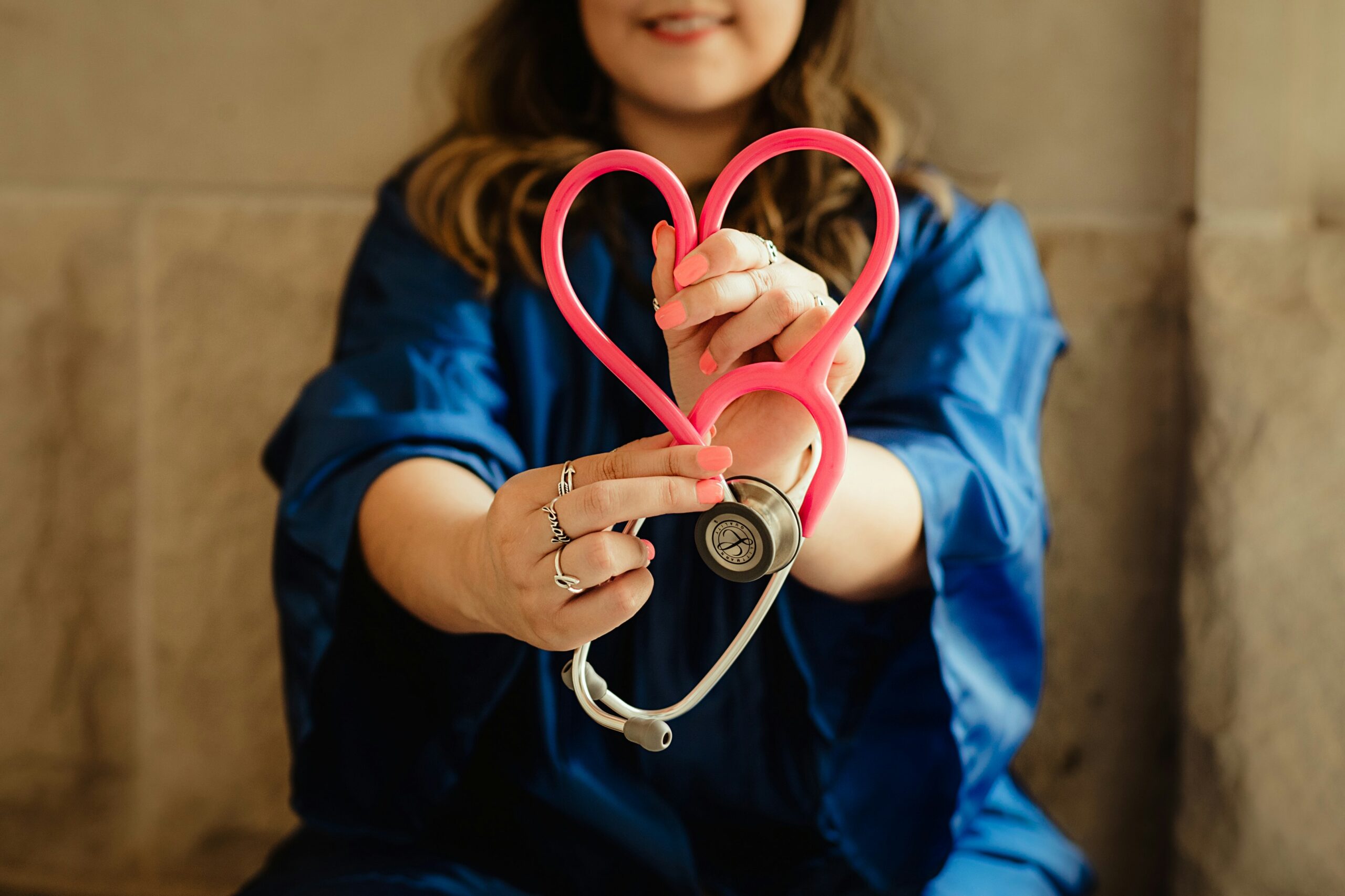Summer Body Image
No matter what part of the country you live in, the seasons have a sizable influence over your life. Summer’s influence tends to be pervasive: School is out, and the weather is warm, leading to pool days, backyard barbecues, and vacations.
While summer is a time to bask in the sun and take time off of school or work, some people find it challenging because of its connotation with the “summer bodies,” which can negatively influence body image.
Summer bodies
Society’s emphasis on the “bikini body” or “beach body” refers to a lean, thin body. Additionally, the weather makes it possible – and at times more comfortable – to wear less clothing and show more skin. The concept of a “summer body” is found across movies, TV shows, music, social media, advertisements, books, and more, making it very difficult for people to avoid connecting warm weather with a drive to be skinny.
A 2021 study showed that body dissatisfaction throughout the four seasons came through pressure from the media, pressure from peers via social media, the awareness that one’s body is on display for the public, and appearance comparisons (1). These pressures can lead to an unhealthy motivation to achieve a summer body at any cost, including unhealthy dieting or a fixation on exercise.
Significance of body image
Body image describes how an individual sees their body and whether they have positive or negative emotions when it comes to body shape, size, and composition. When summer rolls around, with so many other bodies to compare against and the pressures of society to be thin, many people feel that their body image decreases and that they’re less happy with their bodies.
Body image plays a notable role in overall wellbeing. It’s generally known that low body image, in its extreme, can lead to disordered eating, obsessive exercise, and even eating disorders. This is why supporting a healthy or positive body image is an important intervention – or prevention measure – for eating disorders.
Body image groups
A study published in 2015 showed that for college aged women, bolstering body image flexibility and affect regulation skills meant that they were better equipped to engage in body appreciation even when faced with body image threats, like social media (2). In this study, individuals learned how to become more comfortable with their body image thanks to short-term coping responses, positive self-talk, increased psychological flexibility, and improved emotional regulation.
These skills, concepts, and ideas are part of the body image groups held at Hidden River. As we all know, during the summer, we wear less clothing, which can be very difficult for eating disorder patients. During the summer season, then, we focus on having gratitude and respect for our bodies and what our bodies do for us. We help our patients challenge their unhealthy views and teach them how to heal from their past. We practice body image exposures, where we have them view their bodies and teach them how to reframe their thoughts. They learn to accept their bodies as a vehicle that helps them experience their lives.
To learn more about our services, please reach out to info@hiddenriverhealing.com.
Visit our website to learn more about eating disorder treatment at Hidden River. For a closer look at our grounds and living quarters, take a look at our gallery.
References
- Griffiths, S., Austen, E., Krug, I., & Blake, K. (2021). Beach body ready? Shredding for summer? A first look at “seasonal body image.” Body Image, 37, 269-281.
- Webb, J.B. (2015). Body image flexibility contributes to explaining the link between body dissatisfaction and body appreciation in White college-bound females. Journal of Contextual Behavioral Science, 4(3), 176-183.






Leave a Reply
You must be logged in to post a comment.